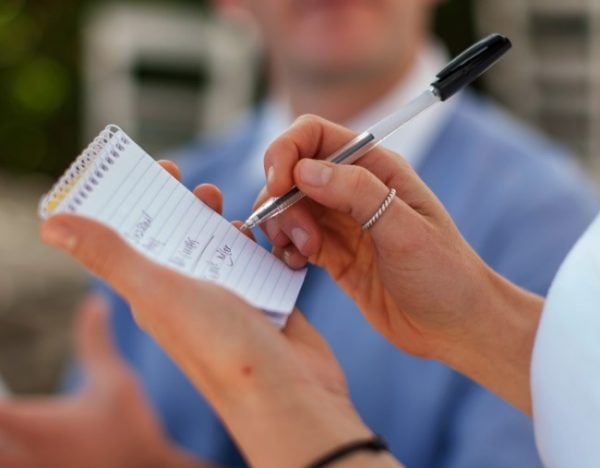It was J. K. Rowling who said, “If you want to see the true measure of a man, watch how he treats his inferiors, not his equals.”
And waitstaff know this better than most.
I worked at a golf club for five years. One night, after I’d already completed an eight-hour day at my internship, I turned up to work barely able to keep my eyes open. At about 9pm, I made a mistake.
A bad mistake.
As I was serving dessert to a table, balancing three plates on my abnormally small hands, feeling the weight on my abnormally weak wrists, a dessert slowly slid into a woman’s lap.
I was horrified.
Before she’d even realised, I began profusely apologising. I told her I would go and get a cloth and clean it right up – but I was interrupted before I finished my sentence.
The woman, who appeared to have been dragged to this event by her husband, stood up and started yelling. She called me incompetent. She told me the stains would never come out. She said that what I had done was inexcusable, and she wanted to speak to my boss about what I’d done.
I nodded, before running off to the kitchen and crying my tired eyes out.
She was right, of course. I shouldn’t have lost control of the dessert. But it was the tone with which she addressed me that hurt the most. It was as though I was an idiot, a bumbling fool who couldn’t do something as simple as put a plate on a table. I felt like a naughty six-year-old who had intentionally incited chaos.





























































































